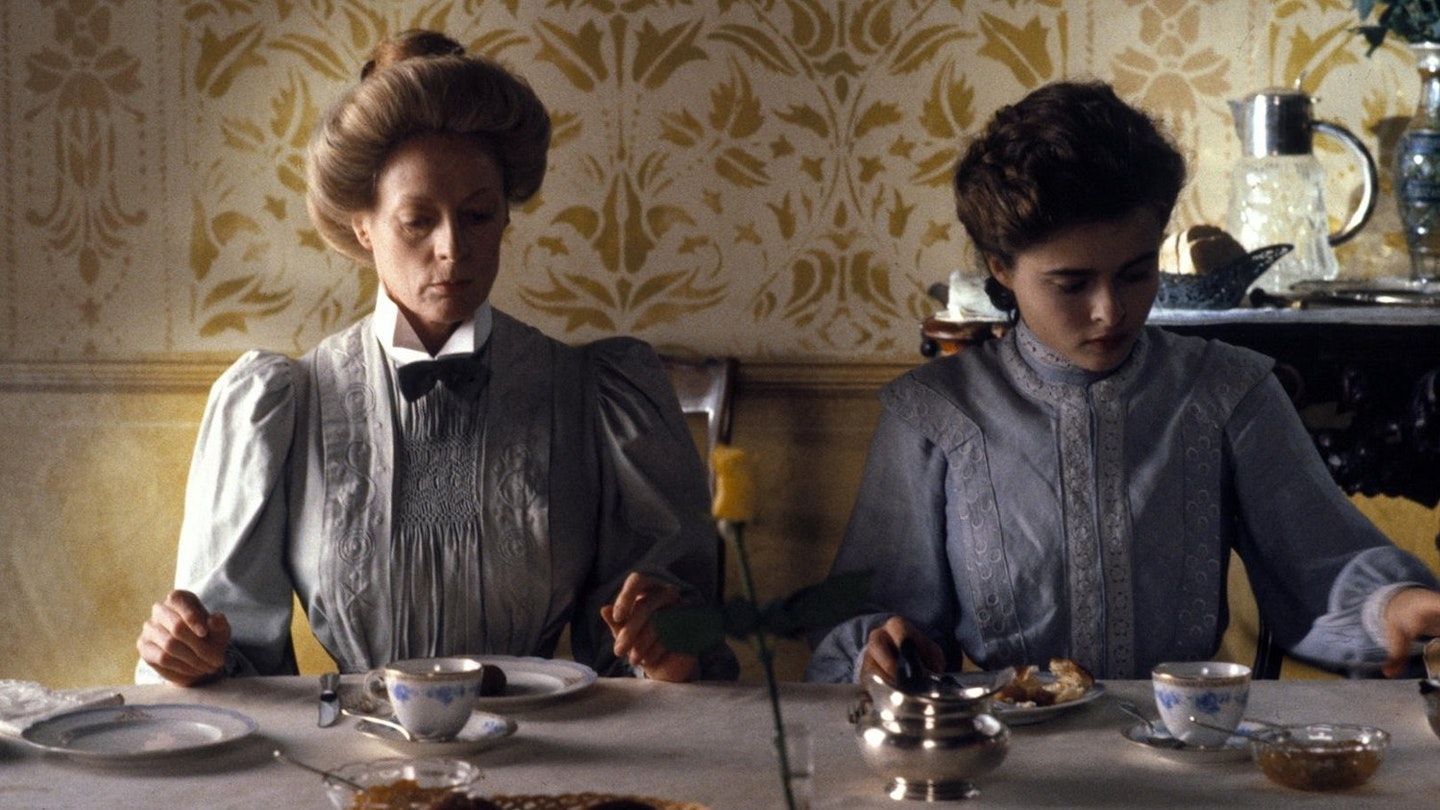The most adorable of all the Merchant-Ivory productions, as it is the one that breaks through cleanest and truest to the heart while retaining all the porcelain grace and sumptuous art direction that is their wont, this adaptation of E.M. Forster’s romantic novel is a high class British classic. There was something liberating in the initial setting of Florence and its magnificent countryside, such that it injects their usual refined poise with genuine sexual undercurrents. Unforgettable images of heady beauty, these images are literary dreams painted with languid cinematography.
But the wit is what makes this film so much more alive than their other shapely but frozen adaptations. Ruth Prawer Jhabvala biting script gives wings to both Forster’s sweeping romance (when will stifled Lucy relaise she has fallen for liberated George?) and his social satire. One the film is grounded back in England, a comfy well-bred Surrey contrasted as a fussier, less elegant version of paradise than poetic Florence, James Ivory mines rich humour out the crowd of characters that will come between the couple, and the various contrasts between the plain speaking Emersons’ and the Honeychurchs’ starchy social circle.
Thus, for all its magnificent looks, it is a film of delightful performances. Familiar faces (and for one skinny dipping sequence, bottoms) breathing vital life into the succession of long-winded names: Maggie Smith, Judi Dench, Simon Callow, a lovely, understated Denholm Elliot, and Daniel Day Lewis injecting an air of wounded pride into the priggish Cecil, transforming a panto dupe into a decent man unable to connect. By comparison the leads, Helena Bonham Carter and Julian Sands, feel more like ciphers, but they have our hearts anyway.

